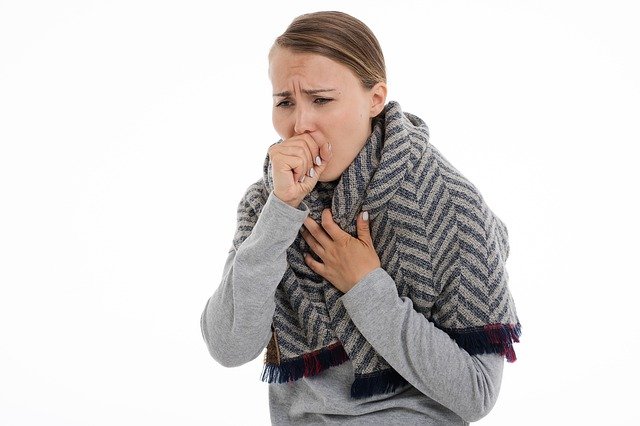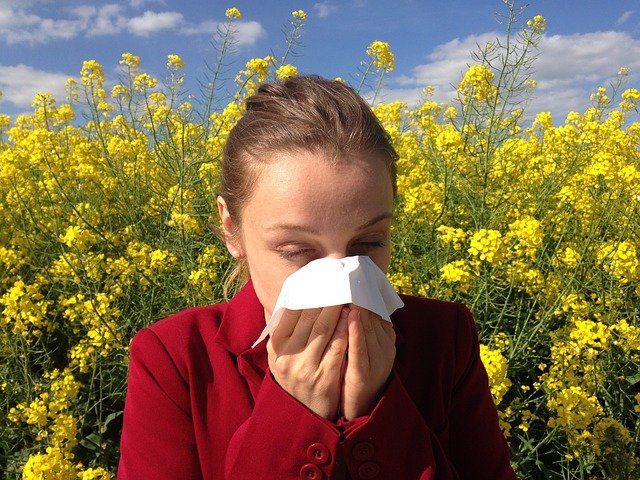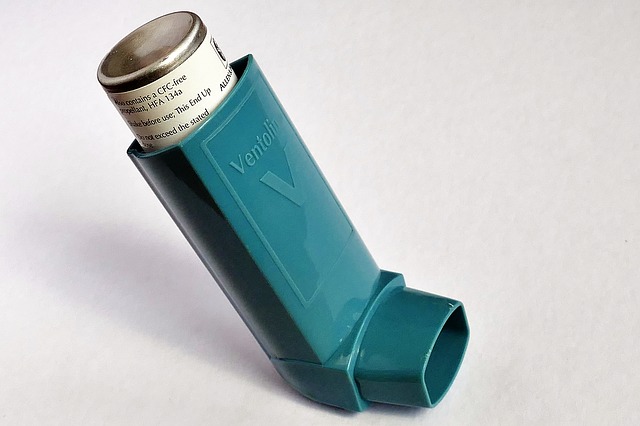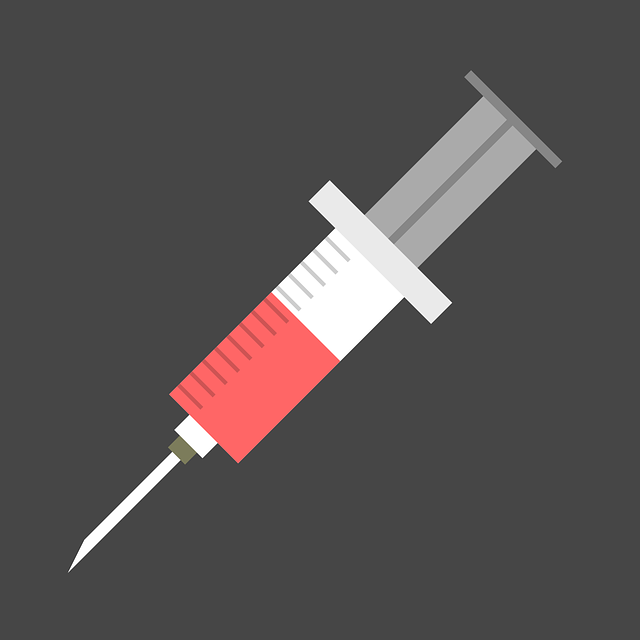Asthma attacks vary in frequency and severity, as some people with asthma do not show any symptoms most of the time especially for children, and their suffering is limited to a sudden and simple attack and for a short period of shortness of breath.
Asthma Symptoms
The following are the most dangerous and silent indications and symptoms of asthma:
Cough and wheezing

Some people cough and wheeze most of the time and have severe attacks after exposure to a viral infection, exercise, or other stimuli. Coughing may be the only symptom in some people. Some people with asthma produce clear, sometimes sticky phlegm.
Sweating
Sweating is a common reaction to stress and anxiety. The heartbeat is usually fast, and a person may feel a pulse in the chest.
Shortness of breath

Most often, asthma attacks occur in the early hours of the day, when preventive medications have worn off and the body is less capable to prevent narrowing of the airways. An asthma attack may start suddenly and be accompanied by wheezing, coughing, and shortness of breath. At other times, an asthma attack may occur slowly with gradually worsening symptoms. In either case, the first notice for people with asthma is usually shortness of breath, chest tightness, or coughing.
Choking

In severe asthma attacks, a person cannot speak a few words until they stop to take a breath. However, wheezing may diminish because it is difficult for air to move in and out of the lungs. Confusion, lethargy, and a blue discoloration of the skin are signs that the person's oxygen supply is very limited and needs immediate treatment. A person usually recovers fully with appropriate treatment, even if they have severe asthma attacks.
Unconsciousness
In rare cases, some people have seizures so fast that they may pass out before they can use effective treatment on their own.
Asthma triggers
The airways of people with asthma narrow in response to stimuli, which usually do not affect the airways of healthy people. These triggers include:
Allergens

Many inhaled allergens can trigger an asthma attack, including pollen, dust mite particles, cockroach body secretions, animal dander, and bird feathers. These allergens combine with immunoglobulin, a type of antibody on the surface of mast cells to stimulate the production of asthma-causing chemicals.
This type of asthma is known as allergic asthma. Although foods rarely trigger asthma, some foods, such as shellfish and peanuts, may trigger severe attacks in people who are allergic to these foods.
Infections

Infectious triggers are viral respiratory infections, such as the common cold, bronchitis, and sometimes pneumonia. Irritants that can trigger an asthma attack include smoke from tobacco, cannabis, cocaine, fumes, odors such as perfume or cleaning products, air pollution, cold air, or acidity in the airways caused by gastroesophageal reflux disease.
Playing sports
In addition, people with asthma can narrow their airways while they exercise or exercise.
Stress and anxiety

Both Stress and anxiety may lead to mast cells producing histamine and leukotriene, and stimulate the vagus nerve that is connected to the smooth muscle of the airways, causing the bronchi to contract and narrow. Crying or laughing a lot may trigger symptoms in some people.
Aspirin
Aspirin is a trigger in about 30% of people with severe asthma, but it is a trigger in less than 10% of people with asthma.
Reactive airway dysfunction syndrome (RADS)
Reactive airway dysfunction syndrome is a persistent asthma-like disorder that occurs in people without a history of asthma. It is a form of environmental lung disease caused by a severe, one-time exposure to nitrogen oxide or volatile organic compounds, such as those found in some bleaches and cleaning products, in which people develop signs close to those of asthma, including coughing, wheezing, and shortness of breath. Its treatment is similar to the usual treatment for asthma
Asthma treatment
Anti-inflammatory drugs
asthma medications
Mitigating drugs smother the irritation which limits the aviation routes. Calming drugs incorporate corticosteroids that can be breathed in, taken by mouth, or given intravenously, leukotriene modifiers, and pole cell stabilizers.
Bronchodilators

Bronchodilators help unwind and enlarge the aviation routes. Bronchodilators incorporate beta-adrenergic medications for both fast indications help and long-haul control, anticholinergics, and methylxanthines.
Avoid aspirin
Keeping away from ibuprofen or other nonsteroidal calming drugs forestalls asthma assaults in individuals for whom these medications cause assaults. The utilization of medications that block the valuable impacts of beta-adrenergic medications can demolish asthma.
Immunotherapy

Hypersensitivity immunotherapy with sensitivity shots might assist with forestalling assaults in individuals whose hypersensitivities trigger asthma assaults. A desensitization treatment plan may likewise be utilized in individuals whose utilization of headache medicine and nonsteroidal calming drugs is causing an asthma assault.
Avoid sulfates
The use of sulfites that are added to foods as a preservative usually can trigger seizures after a person prone to seizures eats a certain food or drinks beer or red wine to which it is added.
Extra sorts of medications that straightforwardly change the state of the resistant framework named immunomodulators are regularly utilized in individuals with serious asthma, yet the vast majority don't have to utilize immunomodulatory




